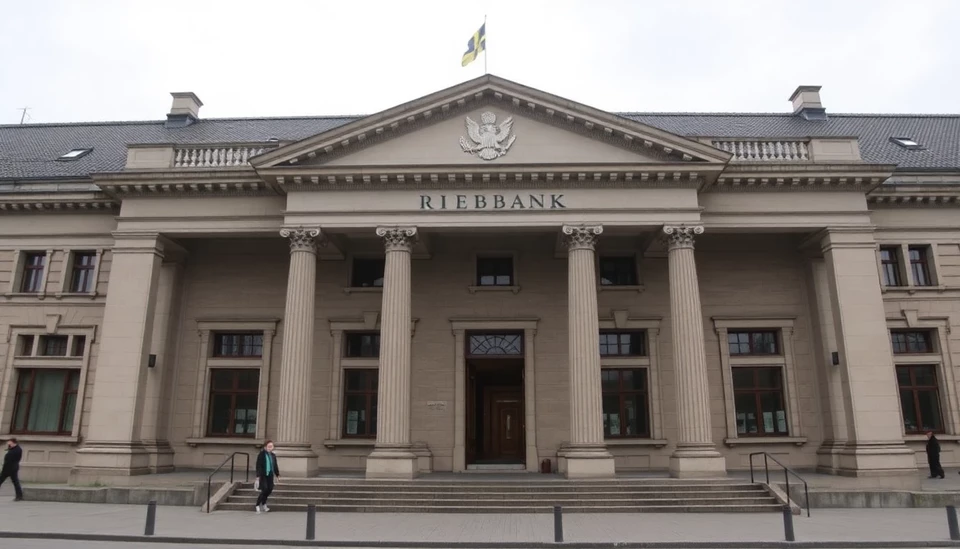
In a notable development for the Swedish economy, core inflation has remained consistent, showing no signs of unexpected fluctuation. This data reinforces the Swedish central bank's current monetary policy positioning. The figures released indicate that inflation, which excludes volatile items such as energy and food prices, was steady in March, aligning with analysts' expectations.
The steady core inflation rate comes at a pivotal moment as the Riksbank, Sweden's central bank, carefully evaluates the ongoing economic landscape and its overarching strategies for managing inflation. This stability in core prices suggests that the monetary policy, which has leaned towards tightening in recent months, may continue to take a cautious approach as it balances growth against the need to control rising prices.
Swedens' inflation statistics are crucial as they often serve as a barometer for economic health and consumer sentiment. Economic analysts had predicted that despite global economic uncertainties, the core inflation rate would hold firm at 3.8%. March's results confirmed these forecasts, indicating that pricing pressures in the economy are not escalating in a manner that could necessitate immediate or drastic action from the Riksbank.
The central bank has previously signaled a readiness to adapt its strategies in response to shifting economic indicators. With global inflationary pressures noted in various markets, Sweden's consistency in this area could provide a template for maintaining stable growth. Observers are keenly watching upcoming inflation and employment data that could hold implications for future interest rate decisions.
As of now, the Riksbank's latest comments suggest that they remain vigilant. They have emphasized the importance of anchoring inflation expectations, a practice considered critical for maintaining economic stability in turbulent times. Given the recent performance of core inflation, it appears that the central bank may have the breathing room needed to maintain a stable economic environment while monitoring external pressures.
Analysts suggest that a sustained period of stable core inflation will help foster confidence among consumers and businesses, potentially supporting further investments and spending in the economy. Consequently, the expectation is that the Riksbank will not rush into changes in interest rates but will instead continue a strategy of cautious observation, allowing the economy to guide its future policy directions.
As we move forward, the economic community will be closely observing not only core inflation but also other influencing factors such as global commodity prices and domestic economic indicators, all of which could impact the central bank's policy decisions in the months to come.
In conclusion, Sweden's stable core inflation offers insights into the central bank's outlook and the broader economic context. While the current rate is reassuring, the vigilance maintained by the Riksbank suggests readiness to respond to any signs that could disrupt this equilibrium.
#Sweden #CoreInflation #Riksbank #MonetaryPolicy #EconomicOutlook #FinanceNews
Author: Rachel Greene




